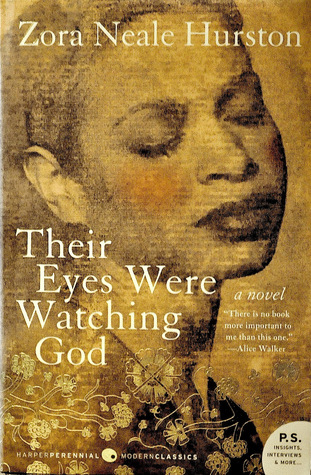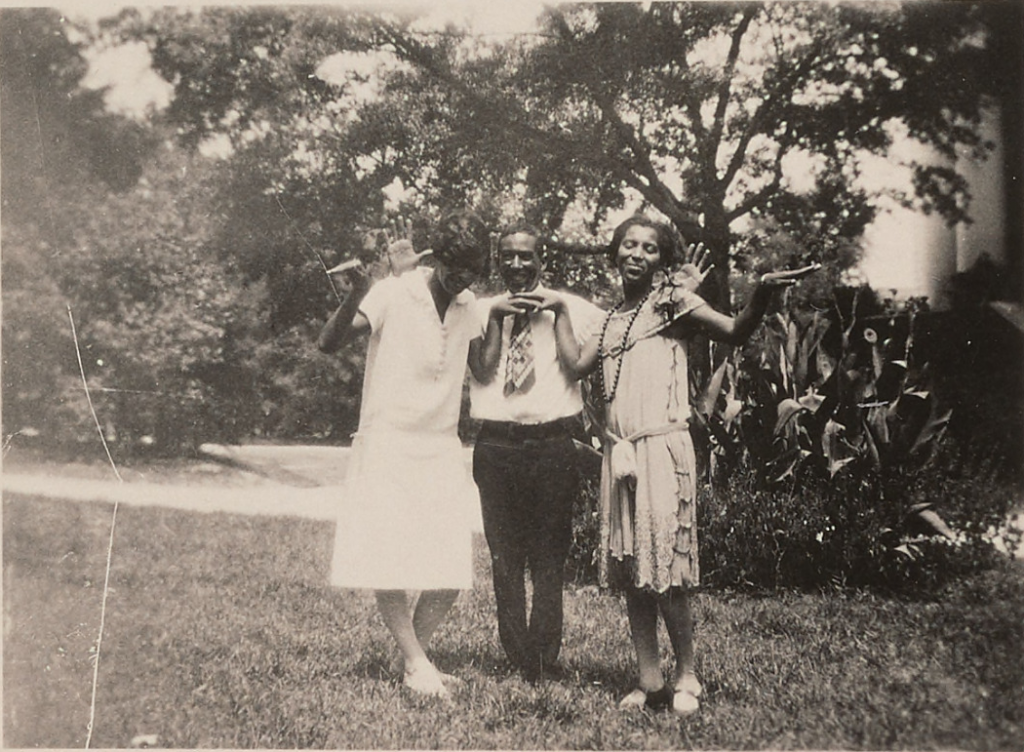

She suffered a fatal stroke in 1960 while living in a care home. After a slew of unsuccessful career changes, including newspaper journalist, librarian, and substitute teacher, Hurston became a recluse.

Around 1950, Hurston returned to Florida, where she worked cleaning houses.

She traveled to the Caribbean, where she became intrigued by the practice of voodoo and she began to incorporate supernatural elements into her novels and stories. In the 1930s and early 1940s, Hurston completed graduate work at Columbia, published four novels and an autobiography, and was awarded a Guggenheim Fellowship. In the late 1920s, Hurston published several works and gained financial sponsorship from wealthy New York patrons. After graduation, Zora returned to her hometown of Eatonville to collect stories as material for her blossoming writing career. While there, Hurston married her boyfriend from Howard, Herbert Sheen, but the marriage was short-lived. She enrolled in Barnard College to study under Franz Boas, an important founder of American anthropology. In 1925, as the Harlem Renaissance was establishing itself, Hurston moved to New York City. Beginning with a college publication, and then branching out into writing contests in newspapers and magazines, the early 1920s marked the beginning of Zora Neale Hurston's career as an author. Although she spent nearly four years at Howard, she graduated with only a two-year associate's degree, having spent most of her time at Howard writing.

Hurston later attended Howard University. Her father and new stepmother sent her to a Baptist boarding school in Jacksonville. Hurston's mother died when Hurston was thirteen. Within a year of Zora's birth, the family moved to Eatonville, Florida, the first incorporated Black municipality in the United States. She was the fifth of eight children in the Hurston household. Hurston was born in the small town of Notasulga, Alabama. She was a central figure of the Harlem Renaissance, a period of cultural revival of African American literature, music, dance, theater, politics, art, and fashion that took place in the 1920s and 1930s. Zora Neale Hurston was an American author, anthropologist, folklorist, and filmmaker.


 0 kommentar(er)
0 kommentar(er)
